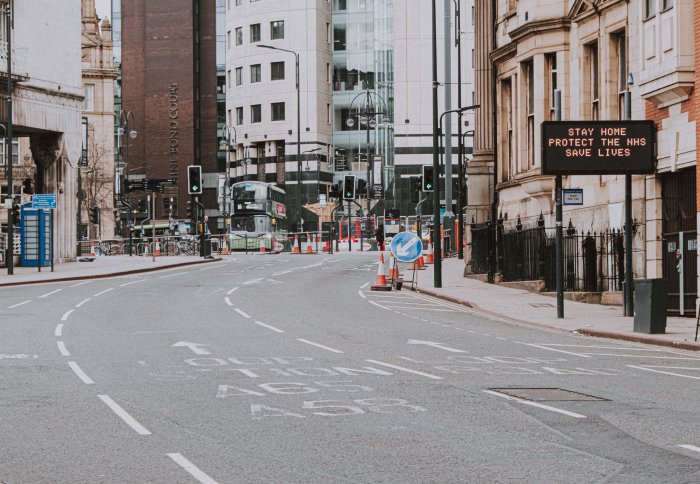Global survey shows how the public are responding to COVID-19

New survey data reveal how people across the world are behaving in response to the coronavirus pandemic.
The survey, launched by Imperial College London in partnership with YouGov, is collecting insights from 30,000 individuals every week across 29 countries. Tracking how the public’s behaviours and attitudes in relation to COVID-19 are evolving over time aims to promote a greater understanding of the situation at a global scale and, as a result, enable governments and health systems to better plan their actions.
To facilitate rapid knowledge sharing, the responses are being visualised through an open online hub and the anonymised data are being made freely available to researchers around the world through GitHub.
The latest data from the project, led by the College’s Institute of Global Health Innovation (IGHI), highlight that people in the UK have the highest willingness to self-isolate. Here, more than 9 in 10 (91%) indicate that they would do so if they developed COVID-19 symptoms or felt unwell. This was followed by Brazil and Sweden, where 87% of survey respondents said they would self-isolate for these reasons. The lowest rates were seen in China and Taiwan, where a quarter (25% and 26%, respectively) indicated that they would self-isolate.
Avoiding contact with other people can help protect others from coronavirus and the NHS recommends that people should stay at home for seven days if they have symptoms of the virus, including a new dry cough, fever and loss of sense of smell.
But for some people, self-isolating can be difficult, for example those with caring responsibilities. Overall, around 1 in 6 (16%) respondents said that it would be very or somewhat difficult to self-isolate if they were told to do so by a healthcare professional, a similar figure to those living in the UK (17%). However in South East Asia, a number of countries indicated greater difficulty in the ability to self-isolate, with people living in Japan (37%), South Korea (36%) and the Philippines (21%) more likely to respond that it is difficult for them to self-isolate for seven days.
Many countries around the world, including the UK, are advising that people should only leave the home where absolutely necessary, for example for essential work, to buy food or pick up medication. The survey revealed that almost two-thirds (63%) of people leave their homes at least once a day. The highest rates of people leaving their home were found in Taiwan, where almost 9 in 10 (89%) of people are leaving their home at least once a day, and almost 1 in 10 (8%) are going out four or more times. In the UK, almost half (47%) are only leaving once a day, and 4 in 10 (41%) aren’t going out at all.
Melanie Leis, Director of IGHI’s Big Data and Analytical Unit, said: “During this time of crisis, openness and transparency are critical to enable timely, evidence-based responses by governments and health systems. By sharing our data, and the insights we learn from them, we hope this work can play an important role in countries’ ongoing strategies to mitigate the impact of this pandemic.”
Imperial COVID-19 Response Fund
Hundreds of supporters are backing Imperial academics and students as they race to understand coronavirus, develop new vaccines, create new diagnostic tests and serve on the NHS frontline. Find out more and donate to the COVID-19 Response Fund.
Article text (excluding photos or graphics) © Imperial College London.
Photos and graphics subject to third party copyright used with permission or © Imperial College London.
Reporter
Justine Alford
Institute of Global Health Innovation